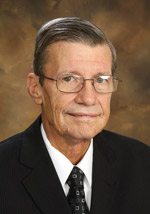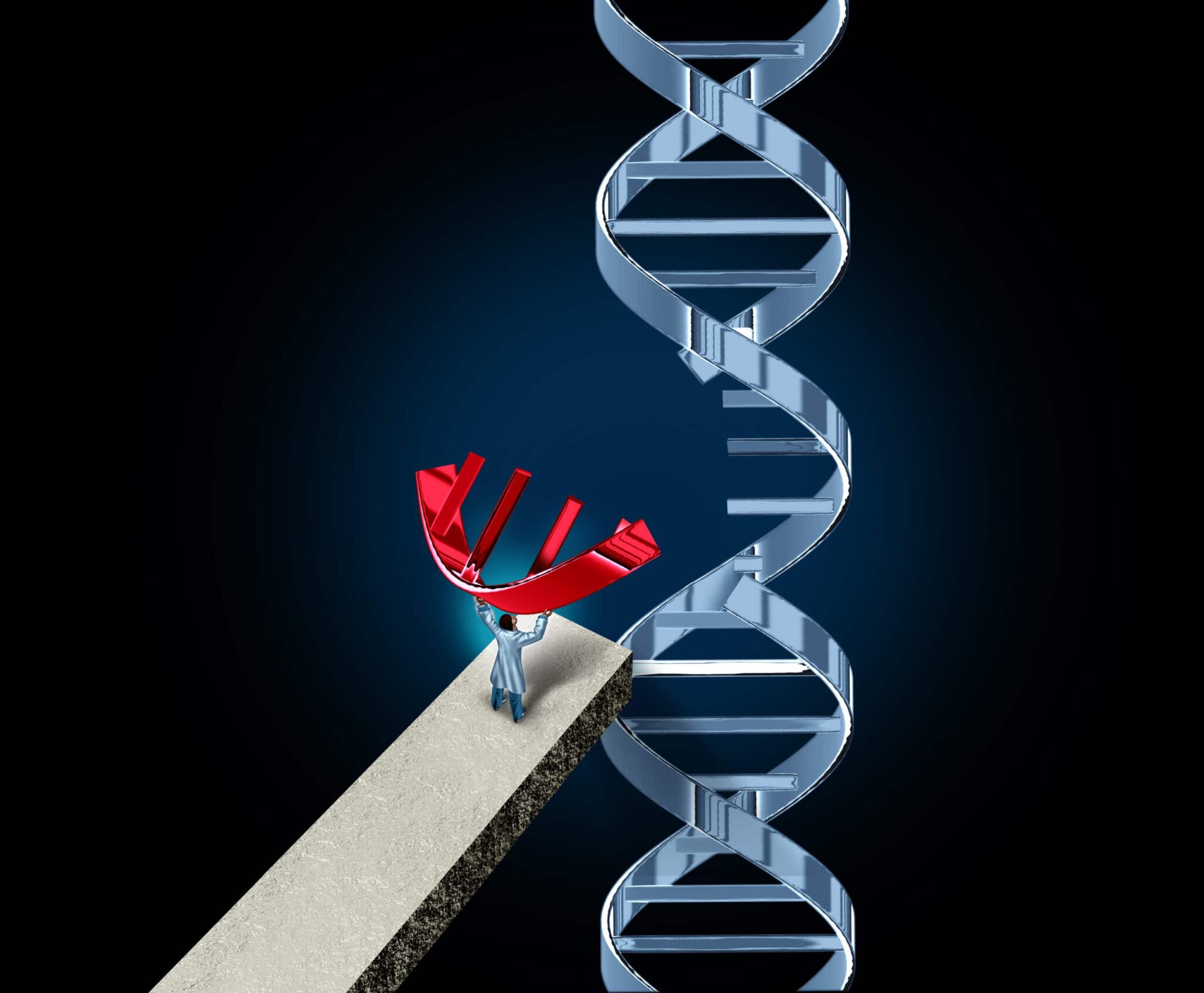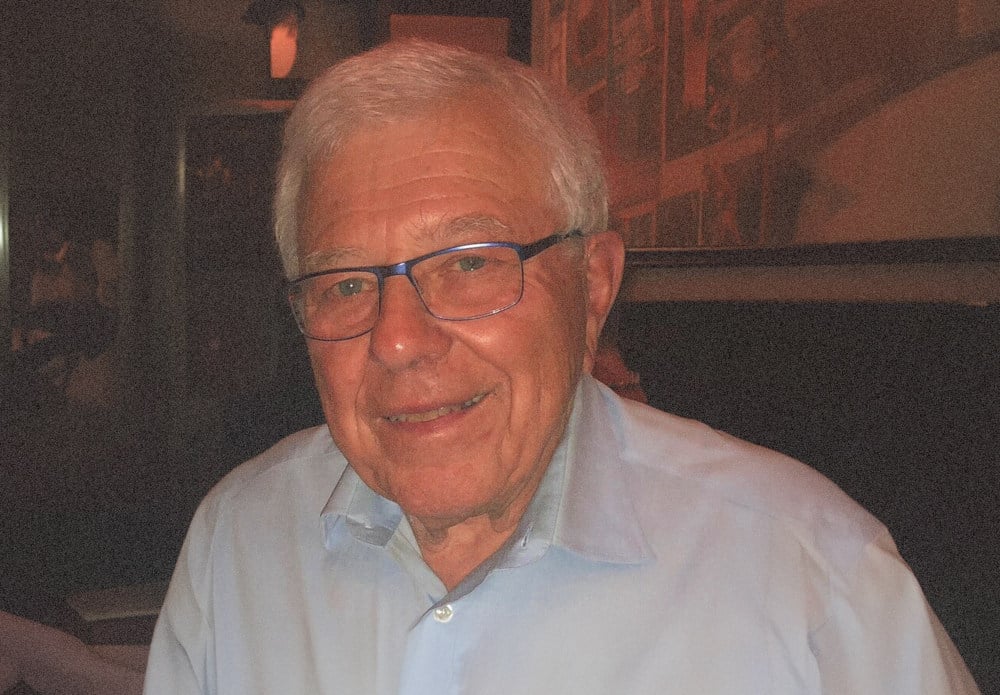Everybody’s Friend
Former Southern Seed Association Man of the Year Kurt Austermann passed away earlier this year. Colleagues recall the man and his impact on the seed sector.
|
Kurt Austermann was a respected and recognizable figure in the U.S. seed sector. |
The seed industry lost more than a pillar of knowledge with the passing of Kurt Austermann earlier this year; it also lost one of its best friends. Austermann, 62, passed away Feb. 9 following a battle with cancer.
Austermann was a fixture in the American seed industry for nearly 40 years, working his way up from his first job as an outside sales person in 1975 at Mangelsdorf Seed to vice president of seed for the company following its acquisition by Siemer Enterprises Inc. He also served terms as president of the Western Seed Association, the Southern Seed Association and the Southern Field Seed Council. Earlier this year he was named co-recipient of the Southern Seed Association’s Man of the Year Award for his many years of distinguished service.
While Austermann’s wealth of knowledge of the seed industry was second to none, it will be his friendship that will be most sorely missed, say friends and former colleagues.
“He was extremely personable. He’d always ask you about your wife, your dog, your kids. He was always happy to talk to you. I never knew him to have a bad day or be cross with anybody,” says Turf Merchants Inc. president Steve Tubbs, who knew Austermann for more than 30 years and considered him a member of his family.
“Kurt was one of those people who would tell you he loved the seed business because of all the friends he made. Sometimes it’s hard to be friends with a customer or competitor. Kurt was never like that. He was friends with anybody. He would tell you that one of the joys of the seed business was his competitors were also his friends. I think that is [pretty rare]. I can’t imagine he had an enemy in the world.”
Wendell Howard, international seed manager for Warner Seeds Inc., shared a connection with Austermann that dated back more than 50 years. The very first load of seed he ever sold was to Austermann’s dad, Robert, back in 1961. He also worked with Austermann on the SSA’s board of directors and the two became fast friends over the years. Howard says his friend’s longevity in the seed sector was a testament to both his honesty and his integrity.
“It [showed] he was respected by his peers. He conducted himself in an ethical manner,” says Howard. “In our business I sometimes trade a half a million dollars’ worth of seed on just my word. You can’t do that with people who are not honest. You have a reputation in this business and believe me it precedes you. If someone doesn’t act right … it’ll go over the U.S. like wildfire. If [Kurt] wanted me to get him something, I never worried about it. Never.”
One of the highlights of Austermann’s seed career was having the opportunity to work with his father at Mangelsdorf Seed until the elder Austermann’s retirement in 1990.
“He was old school and I was new school,” Austermann said in a biography. “He taught me the ins and outs of trading seed and how to buy at our Ky-31 fescue buying yards. We played off each other pretty well.”
Austermann was an avid baseball fan and spent countless hours as a volunteer umpire for a church youth league. He also enjoyed the great outdoors and made regular pilgrimages to Canada to fish with friends.
He also had a reputation for enjoying a laugh with friends and colleagues. Even just a couple of days prior to his death, he had friends in stitches when they visited his St. Louis, Mo., home.
“Kurt was vivacious in every sense of the word. [He] had a way of putting humor into everything he did,” says Richard Taylor, executive vice president of the SSA. “He never met a stranger. Even when Kurt was diagnosed with cancer, he always had a positive attitude. He knew the end was coming, and coming soon, but he never let that change his attitude at all.”
One thing everyone who knew Austermann can agree on is the fact that his loss has created a huge void as far as knowledge of the Midwest seed industry is concerned.
“There are certain people in certain areas of this country you can call them and ask them and they can tell you pretty much about anything about it. In the Midwestern United States [Kurt] was that,” says Howard.
“It’s that 40 years of cumulative knowledge,” adds Tubbs. “So much of it’s almost innate by that point. To bring a young person into the business and teach them what Kurt knew—I don’t know how you do that.”
Jim Timlick












